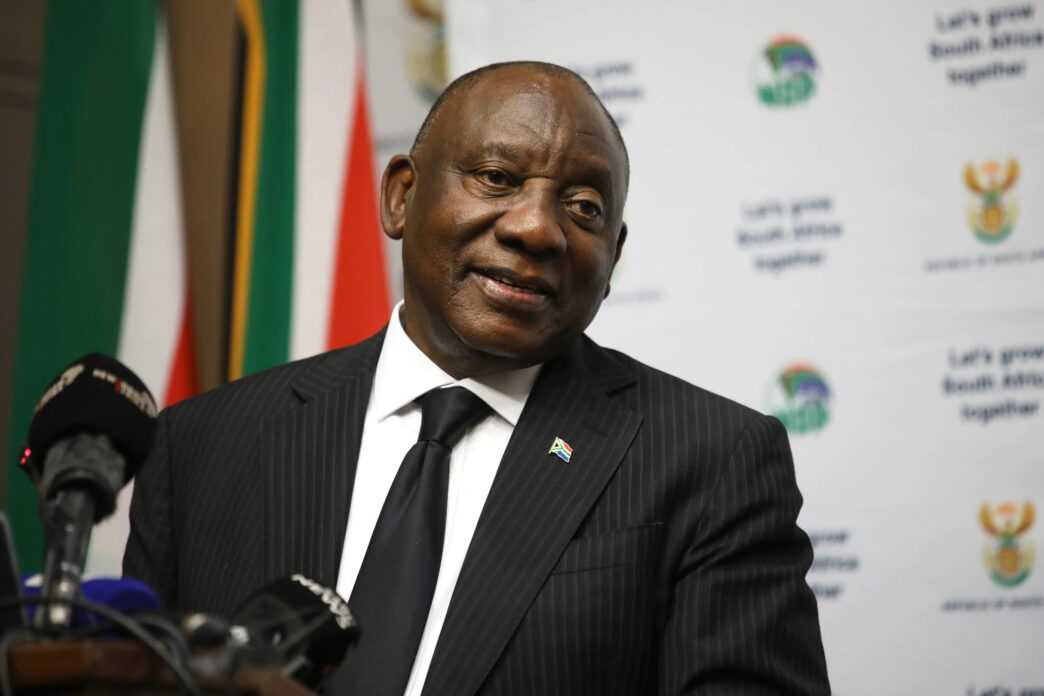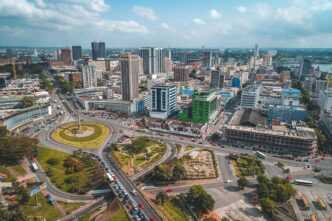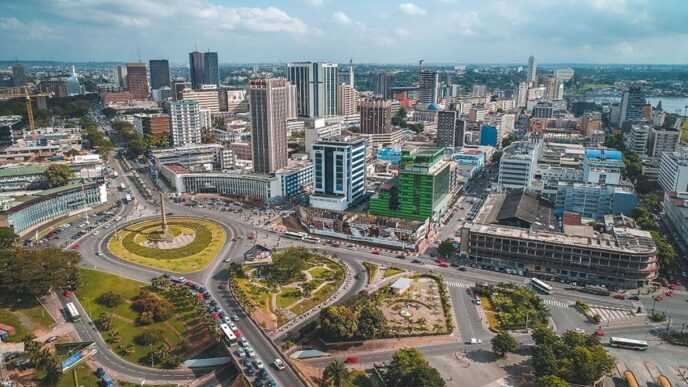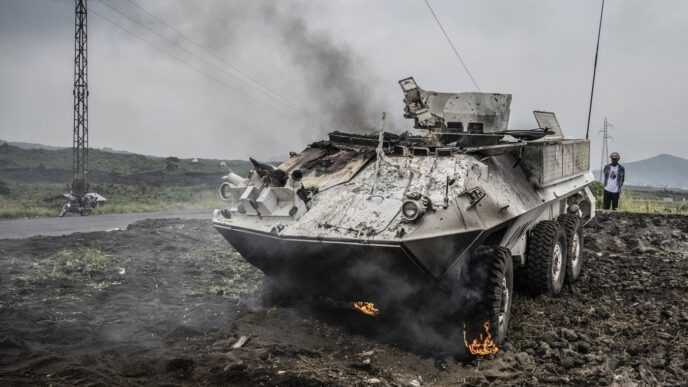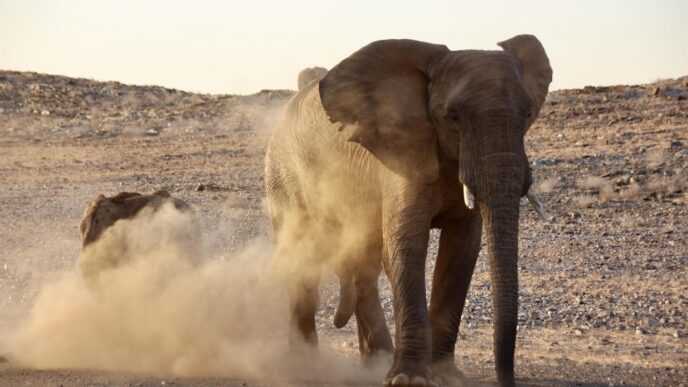South African President Cyril Ramaphosa has signed into law a controversial land expropriation bill that allows the government to seize land without compensation under certain conditions. The legislation has ignited heated debates across the country, with proponents arguing it addresses historical injustices, while critics warn of economic and investment repercussions.
The new law, aimed at accelerating land reform, grants the government the power to expropriate land for public interest purposes, such as redistribution to historically disadvantaged communities. Supporters of the law argue that it is a necessary step to redress the unequal land ownership patterns inherited from the apartheid era.
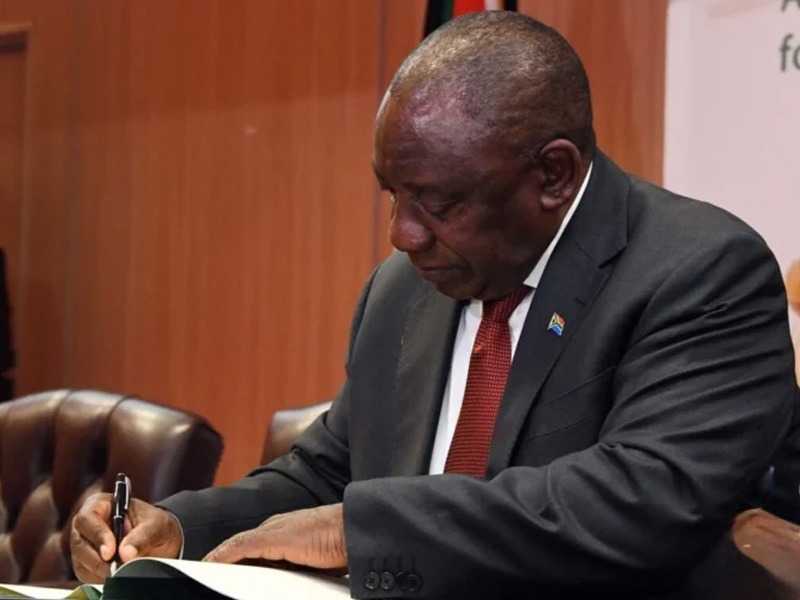
However, opposition parties, business groups, and international investors have raised concerns, fearing that the policy could deter investment, destabilize the economy, and infringe on property rights. Critics argue that similar policies in other countries have led to economic downturns and food insecurity.
Interesting Read: https://africansights.com/kyalami-races-ahead-to-bring-formula-1-back-to-south-africa/
President Ramaphosa has assured citizens that the law will be implemented responsibly, with a focus on economic stability and social justice. The government has promised clear guidelines and transparent processes to prevent abuse and ensure fairness in land distribution.
As South Africa moves forward with the land seizure law, the nation braces for potential economic shifts and legal challenges. The success of the policy will largely depend on its execution and the government’s ability to balance economic growth with social transformation.

